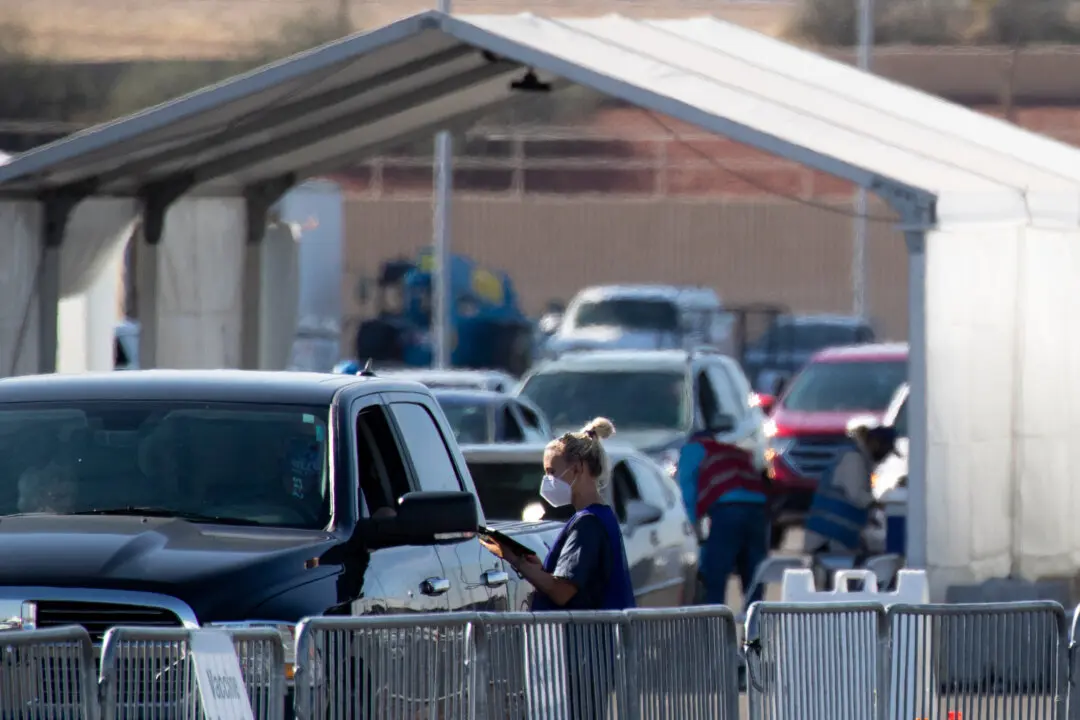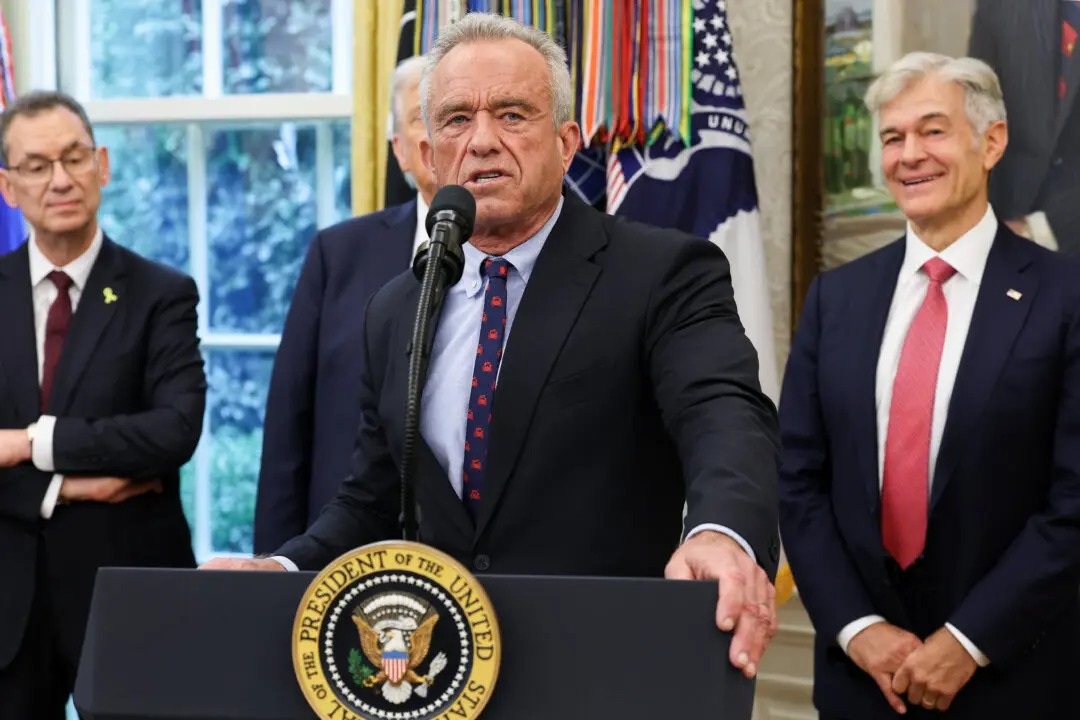President Joe Biden on Feb. 22 announced changes to the federal program that’s aimed to help small businesses survive the COVID-19 pandemic.
The Small Business Administration will establish a 14-day period during which only businesses and nonprofits with fewer than 20 employees can apply for loans from the Paycheck Protection Program (PPP). The period will start on Feb. 24.





